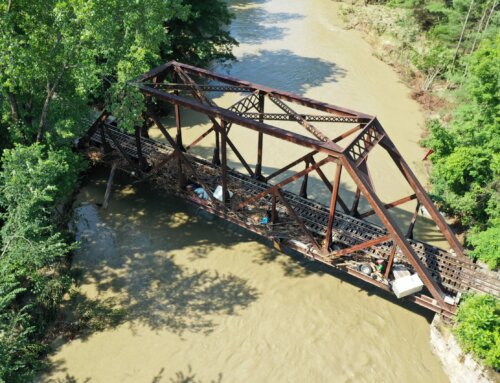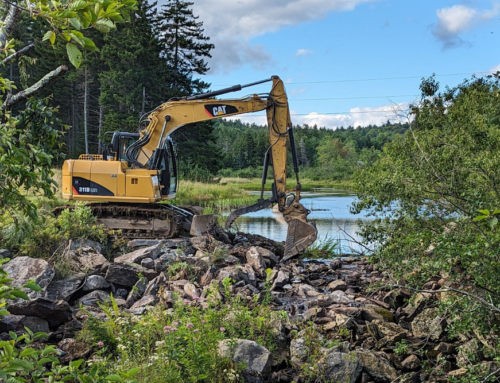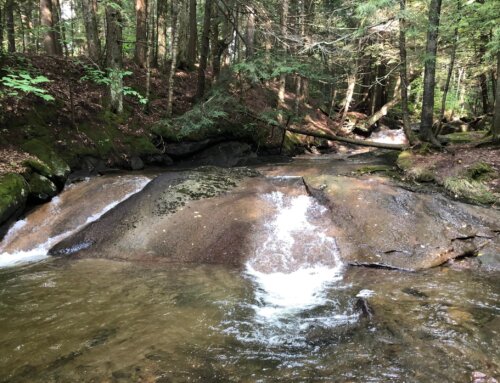Greenfield, MA – The Connecticut River Watershed Council (CRC) is pleased that an agreement has been reached to resolve long-running pollution violations by Chang Farms. In August, 2015, CRC and Earthrise Law Center of the Lewis & Clark Law School filed a complaint under the Clean Water Act against Chang Farms in Whately, MA. Chang Farms is a large grower and distributor of bean sprouts. Their wastewater is treated and discharged to the Connecticut River. Over five years, Chang Farms violated their federal pollution discharge permit in 55 of 60 months, 92% of the time, by discharging more pollutants than allowed by law. Federal and state regulators did not step in to correct the violations, so CRC used a provision of the Clean Water Act that allows citizen groups to act when government doesn’t.
“When there is illegal pollution discharging to the public’s waters and government has not taken action to fix the problem, federal law lays out a very clear role for citizens to act,” says CRC Executive Director, Andrew Fisk. “We were frustrated that this problem continued month after month, year after year, and government agencies failed to respond. So we stepped in on behalf of our rivers and the citizens negatively impacted by this pollution.” CRC notes that the Massachusetts Department of Environmental Services filed an Administrative Consent Order with Penalty and Notice of Noncompliance against Chang Farms in mid-April of 2016, after CRC’s consent decree had been filed in court.
“Our goal is to make sure the Connecticut River is clean so people can enjoy the river without getting sick, and fish and other wildlife are not harmed,” says CRC’s MA River Steward, Andrea Donlon. “We appreciate that this is a local farming operation. But you can’t ignore reasonable limits designed to protect the public’s water. The Connecticut River is a national treasure. This section of river is used by thousands of people every year for swimming, boating, paddling, fishing, and more. Everybody has to play by the rules,” notes Donlon.
CRC appreciates the legal work of Kevin Cassidy, attorney at Earthrise Law Center, who litigated the case on behalf of CRC. “It is critical that groups like CRC are willing to hold polluters accountable,” says Cassidy. “And having the money from this settlement fund local environmental projects will help ensure the Connecticut River is healthier going forward.”
Chang Farms will work with CRC to make necessary changes to ensure that its permit limits are met. The agreement ensures additional payments will kick in if Chang Farms doesn’t meet its agreement. In lieu of a fine paid to the government, Chang Farms will fund two local environmental projects, $18,000 each. The funds will support the Town of Sunderland to improve the town boat ramp on the Connecticut River as well as the Pioneer Valley Planning Commission’s (PVPC) weekly water quality monitoring program. PVPC’s bacteria monitoring program was not funded last year, creating a gap in data used to inform the public of E. Coli bacteria levels at popular recreation and river access locations.
The Connecticut River Watershed Council works to protect the watershed from source to sea. As stewards of this heritage, we celebrate our four-state treasure and collaborate, educate, organize, restore and intervene to preserve its health for generations to come. Our work informs our vision of economic and ecological abundance. To learn more about CRC, or to join the effort and help protect our rivers, visit ctriver.org or call 413-772-2020, ext. 201
Earthrise Law Center is the environmental law clinic for Lewis & Clark Law School, which represents public interest environmental organizations around the country, while training its law students to be the next generation of environmental advocates (http://law.lclark.edu/centers/earthrise/).
# # #







